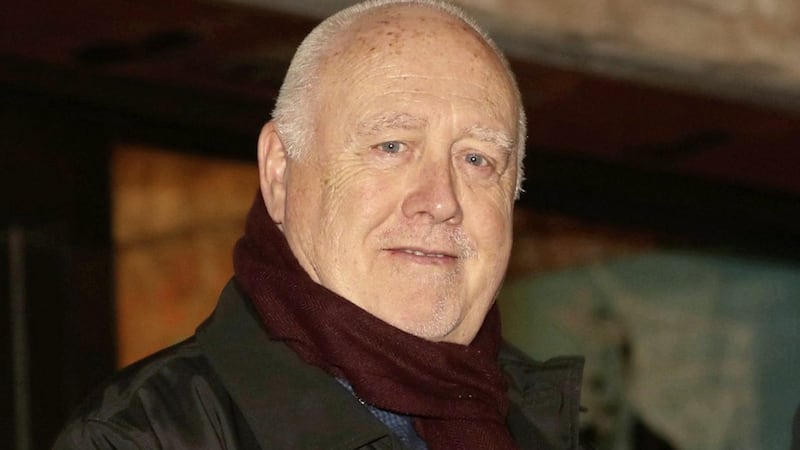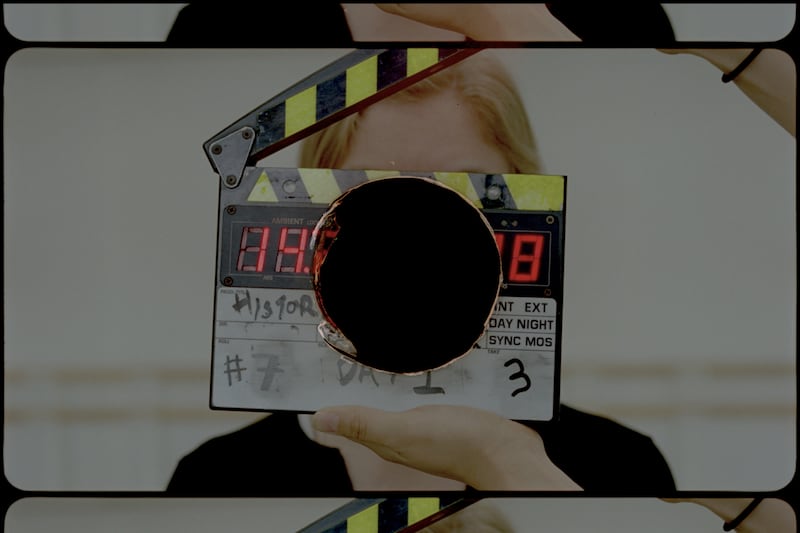An Irish government report that the Provisional IRA sought to sideline its political wing in the peace process has been dismissed as "preposterous" by Sinn Féin's former publicity director.
Danny Morrison has poured scorn on a freshly-released Department of Foreign Affairs communique which suggested the IRA Army Council was not in favour of Sinn Féin representatives leading any negotiations with the British.
However, The Irish News columnist and historian Brian Feeney said the internal Dublin government correspondence from May 1990, which came at a time when the Hume-Adams dialogue had been ongoing for several years, is an "authentic reflection of the twin processes" that were being pursued at the time – one with the IRA, the other involving Sinn Féin president Gerry Adams.
According to Mr Feeney, the channel used by Maze-Long Kesh prison chaplains Rev Will Murphy and Fr John Murphy was to the IRA Army Council, whereas the talks convened by Fr Alec Reid at Clonard Monastery involved Mr Adams as a Sinn Féin representative, even though he also sat on the Army Council at the time.
"In 1990 when this communique was written, the Army Council was dominated by militarists personified by Tyrone man Kevin McKenna, who was IRA chief of staff," he said.
"The British government wasn't sure that Adams could deliver on what he was proposing so they were also exploring the possibility of a settlement with the hardliners."
Mr Feeney said the "fractious relations" in the republican movement persisted until the IRA split in 1997.
But Mr Morrison, whose conviction for kidnapping was overturned after being arrested at an alleged IRA interrogation in January 1990, rejected the contents of the communique.
"[It's] preposterous to believe that the IRA Army Council – so secretive about the identity of its members – would identify itself to two priests," he said.
"The story has been lost in the telling over the coffee or cocktail."
He said previous state papers show that the British government already had "contacts through a back channel but also with republican leaders such as the late Martin McGuinness and Gerry Kelly".
"I knew Fr John Murphy, chaplain, when I was in the (H) Blocks, and visited him at the Rock church after my release," Mr Morrison said.
"One of the most discreet and honest men I've ever met – he would never be the source of such a claim, nor was he ever prone to exaggeration."








